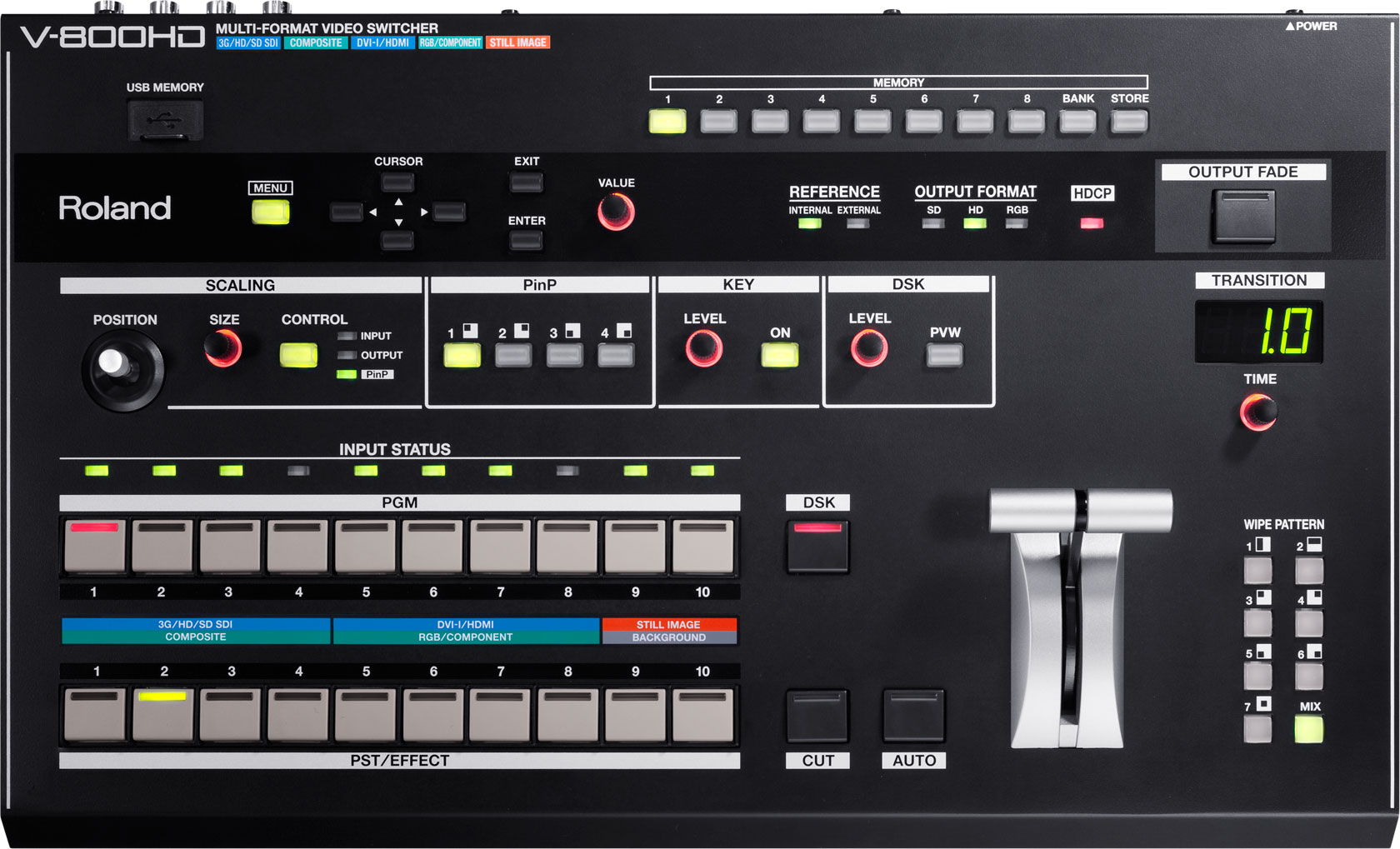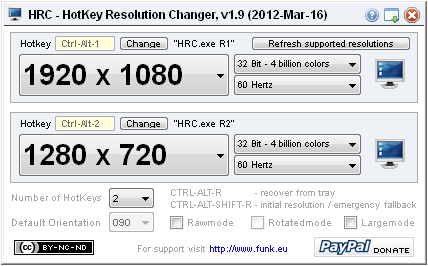

You should also consider buying a monitor calibration tool. Color accuracy: Which color profiles does the monitor support? If you use your monitor for creative work, like photo and video editing, or design, you need one with a high degree of color accuracy.Most high-refresh-rate monitors (144 Hz) are considered “gaming” monitors and would be overkill for those who aren’t. Basic monitors support 60 Hz, which is fine for office work, web browsing, or anything without fast-moving images. The refresh rate is measured in hertz (Hz). Refresh rate: This refers to the number of times the display refreshes per second.You can choose an LCD panel built on IPS, TN, or VA technology or opt for cutting-edge OLED panels if the budget allows. Display and panel type: This is the major factor when it comes to quality and performance.The higher the pixel density, the better the image quality, as you’re less likely to see individual pixels. Pixel density: Measured in pixels per inch (PPI), pixel density describes how closely-packed the pixels are on the display.Your decision ultimately depends on your budget and available space. Larger, 32-inch and ultrawide monitors are also available. Smaller, 24-inch displays remain popular with gamers, and people who have minimal desk space.

Size: Most displays are around the 27-inch mark.Higher resolutions, like 4K and 5K, require more powerful hardware. Generally, the higher the resolution, the better the image quality.

#Monitor resolution switcher install#
As always, first things firstĭownload the software and install it. And since you own one, I don’t have to tell you that this will work perfectly with our Stream Deck system.
#Monitor resolution switcher free#
It is free for personal use, though a paid version is available as well, to use commercially.Īs you can see on the website as well, there are various command line options and/or switches available to work with. This is useful for games and home-theater computers.” It can also change the resolution permanently and rearrange monitors in a multiple-monitor setup. In short, and according to their website “Display Changer changes the display resolution, runs a program, then restores the original settings. Display ChangerĪfter some searching, I found out about “ Display Changer”. If you are not familiar with the Elgato Stream Deck go here. That’s why I was looking for an easy way to get this working from my Elgato Stream Deck. A lower, non-widescreen resolution is preferred. If I do not change my default screen resolution (3440 X 1440) of my main screen the experience from a viewer perspective is sub-optimal, at least. I have a dual monitor setup (normal and widescreen) and do a lot of presentations, webinars, demos etc.


 0 kommentar(er)
0 kommentar(er)
